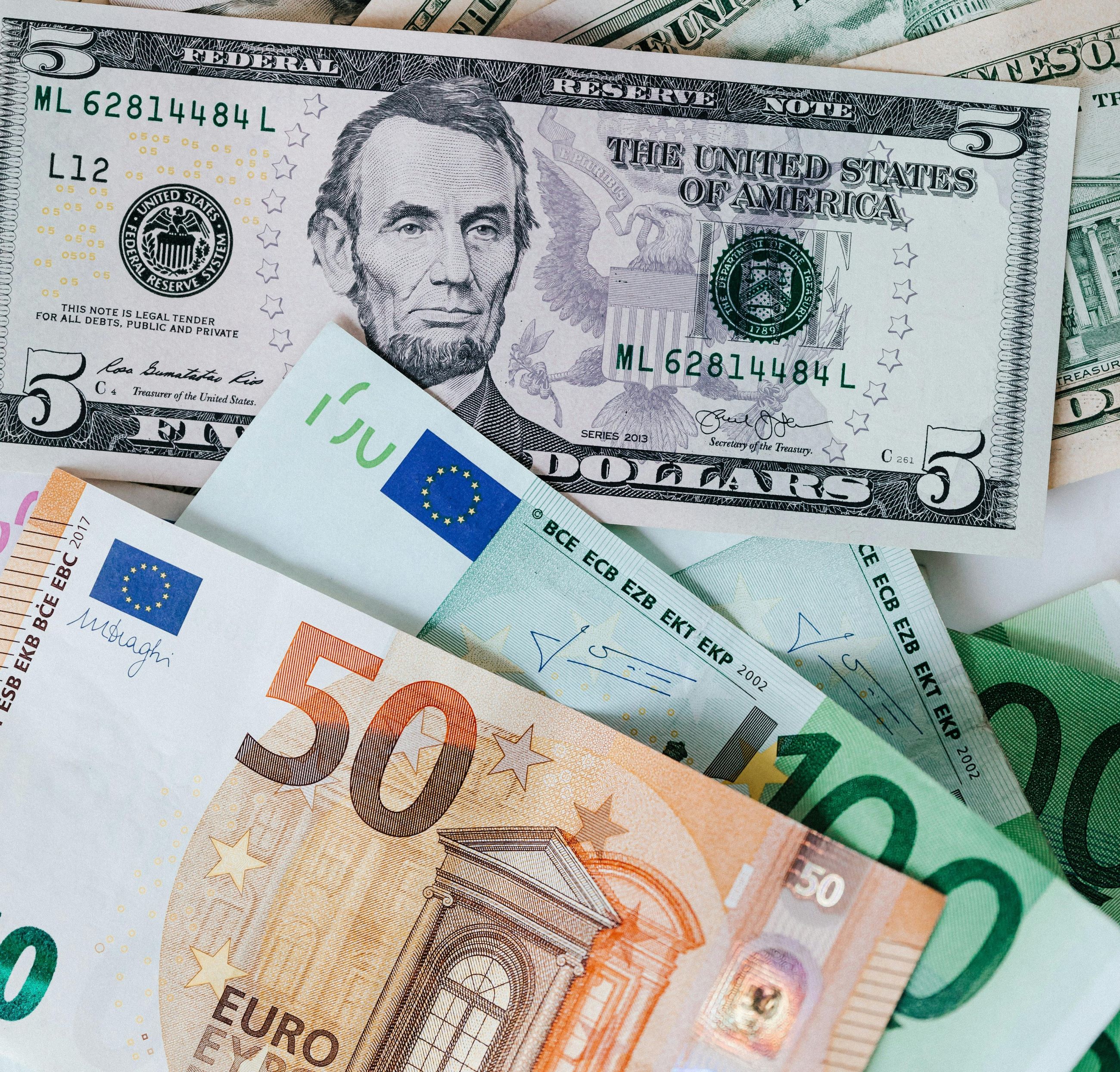Oracle Share Price Analysis: Bearish Phase, Valuation Signals and Bullish Reversal Outlook
$154.97
04 Feb 2026, 11:45

Pexels.com

The euro fell to its lowest point since late June against the U.S. dollar on Monday, as concerns over potential U.S. tariffs under President-elect Donald Trump weighed on European markets. This decline comes as traders brace for U.S. inflation data and a series of Federal Reserve speeches that could offer insight into future interest rate decisions.
Dollar Gains as Market Awaits Key U.S. Data
The dollar edged higher as markets anticipate U.S. inflation figures and Federal Reserve guidance later this week. The greenback stood at 7.1955 against the yuan and rose 0.5% against the yen to 153.43, moving closer to testing the 7.2000 mark. Despite U.S. bond markets being closed for a holiday, stocks and futures remained active, contributing to light but steady trading.
U.S. inflation data is set for release on Thursday, and a core inflation reading above the forecasted 0.3% could reduce the chances of a December rate cut. According to Michael Feroli, an economist at JPMorgan, “We expect the Fed to cut by 25 basis points in December, but beyond that, rate cuts are likely to be spaced out.”
China’s Economic Data Drags Down Regional Currencies
The latest data from China showed consumer prices rising at their slowest pace in four months, while producer price deflation deepened, highlighting persistent economic challenges. The Australian and New Zealand dollars fell on Friday, reflecting disappointment with China’s recent stimulus package. These currencies, both heavily reliant on exports to China, remained pressured as the markets await further data on retail sales and industrial output due on Friday, which could reveal if Beijing’s policies are making an impact.
Political Uncertainty Affects Japanese Yen and Euro
The dollar gained on the yen, trading at 153.43, with concerns of Japanese intervention still lingering. The yen faced additional pressure from political uncertainty in Japan, as lawmakers were expected to decide on Prime Minister Shigeru Ishiba’s position following a recent parliamentary setback.
In Europe, the euro struggled, trading at $1.0715 after dropping by 1% last week. German Chancellor Olaf Scholz hinted at calling a vote of confidence before Christmas due to a government coalition collapse, adding further political uncertainty. Meanwhile, the euro has been dampened by Trump’s proposed tariffs, which could negatively impact European exports, fuelling concerns about a potential global trade conflict.
The Fed’s Limited Scope for Rate Cuts
Trump’s policies, particularly on tariffs, could drive up U.S. inflation and bond yields, potentially restricting the Federal Reserve’s ability to cut rates as much as previously anticipated. Analysts believe that although the Fed may proceed with a 0.25% rate cut in December, further reductions are likely to be more gradual. JPMorgan now projects the Fed will conclude its rate adjustments at 3.5%, compared to a previous forecast of 3.0%.
Fed Chair Jerome Powell’s upcoming speech on Thursday, along with statements from other Fed officials throughout the week, is expected to offer further insight into the Fed’s approach amid these economic shifts.
Cryptocurrencies Rise on Trump’s Support
Trump’s backing for cryptocurrencies has boosted Bitcoin, which crossed the $81,000 mark for the first time. Investors are betting on more favourable regulations under Trump’s administration, which has contributed to Bitcoin’s recent surge and strengthened the broader cryptocurrency market.
Outlook: Bullish for the Dollar, Challenges for the Euro
As markets digest inflation and Fed policy signals, the dollar is expected to remain strong, though much will depend on how Trump’s policies unfold in practice. The euro, however, faces headwinds from trade uncertainties, political instability, and the possible impacts of U.S. tariffs.
Source: (Investing.com, Reuters)